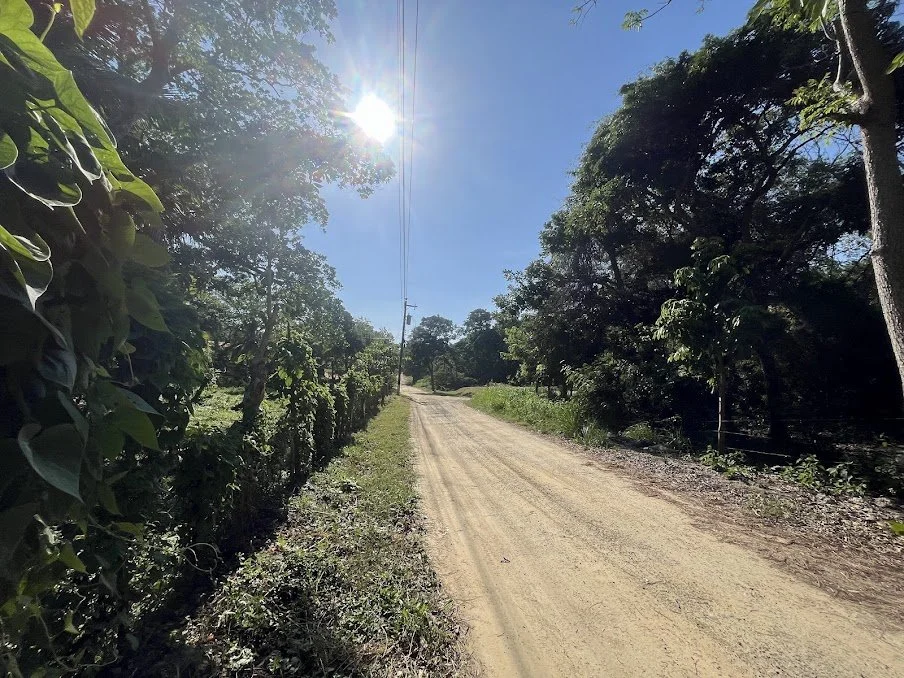Search by topic, theme, or feeling

When Your Teen Opens Up About Food: A Guide to Staying Present
When your teen discloses disordered eating behaviors, your panic can escalate the crisis. Learn to steady your own nervous system so you can respond with curiosity and presence, building the trust that healing requires.

Somatic Practices for Nervous System Resilience in Neurodivergent Adults
Somatic therapy offers a hopeful pathway for neurodivergent individuals to gently expand their nervous system's window of tolerance.

The Somatic Cost of Masking In Neurodivergent People
The chronic muscular tension, profound fatigue, and identity fragmentation often experienced by neurodivergent individuals who mask are not separate symptoms but interconnected signs of a body forced to live a prolonged performance.

Sensory Joy as a Pathway Through Trauma
Deliberate attention to simple pleasures rewires the nervous system for safety, building a new somatic narrative where the body is a source of comfort and resilience.

Not All in Your Head: Somatic Approaches to Anxiety
Anxiety is not always a product of “overthinking”; it is often a legitimate response to tangible external pressures. By integrating somatic strategies that honor this reality, we can build resilience without dismissing the very real stressors that shape our lived experience.

How Alcohol Disrupts Your Body's Master Regulatory System
Alcohol artificially manipulates the brain's endocannabinoid system, depleting its natural regulators like anandamide and 2-AG over time.

Building Your Inner Witness: Neuroinclusive Pathways to Awareness
Cultivating an internal witness is a vital skill for mental wellbeing, accessible to all neurotypes through tailored pathways.

Neurodivergent neuroception and building a personal safety inventory
For neurodivergent individuals, the subconscious process of neuroception, which scans for safety, can be uniquely sensitive, impacting social energy and daily life. This post explores how a personalized safety inventory and dedicated rest can help regulate the nervous system and foster well-being.

A Personal Sensory Profile: Exteroception, Sensitivity, and the Neurodivergent Experience
For many neurodivergent individuals, exteroception, or the perception of the external sensory world, is a primary source of overwhelm and exhaustion.

A Somatic Perspective on Neurodiverse Relationship Equity
True fairness in a neurodiverse relationship moves beyond equal division to equitable support, meeting each partner's unique neurological needs to foster a shared sense of safety and fulfillment.

The Complex Intersection of Neurodivergent Minds and Self Harm
Self harm ideation in neurodivergent individuals often represents a nervous system's survival response to overwhelming distress, not a symptom of brokenness.

The Transformative Power of a Late Neurodivergence Discovery
A later-in-life neurodivergence diagnosis can provide the essential framework to rebuild.

The Somatic Wisdom of Dark Comedy
A dark sense of humor is more than a coping mechanism, it is a somatic tool for regulation.

Decoding Suicidal Ideation in Trauma Survivors
The emergence of suicidal thoughts following trauma is often not a desire to die, but a desperate, somatic plea for the overwhelming pain to stop.

When Attunement Fails: The Child Who Becomes the Container
For many children, especially those with neurodivergent sensitivities or caregivers burdened by their own unprocessed trauma, the parent’s inability to attune becomes a chronic rupture.

Parental Rupture and Repair: An Object Relations Guide to Somatic Attunement with Children
Attunement is less about perfect connection and more about the courageous practice of returning to it after a rupture.

Neurodivergence, Communication Trauma, CPTSD and Embodied Healing
For many neurodivergent individuals, the very act of communication can become a source of profound and repeated trauma.

How Fawning Can Erode the Neurodivergent Self
When neurodivergent individuals are consistently labeled as "too sensitive" or "overreactive," they often learn to cope by fawning, a self-abandoning strategy that trades authenticity for perceived safety.

Addiction, Regulation, and a Somatic Path to Harm Reduction
Addiction is not a moral failure but the body's ingenious, if ultimately costly, attempt to find regulation and survive overwhelming circumstances.

When Attunement Becomes Enmeshment
In many relationships, a pattern emerges where one partner's heightened emotional attunement becomes a mechanism for avoiding conflict and managing their own anxiety.
